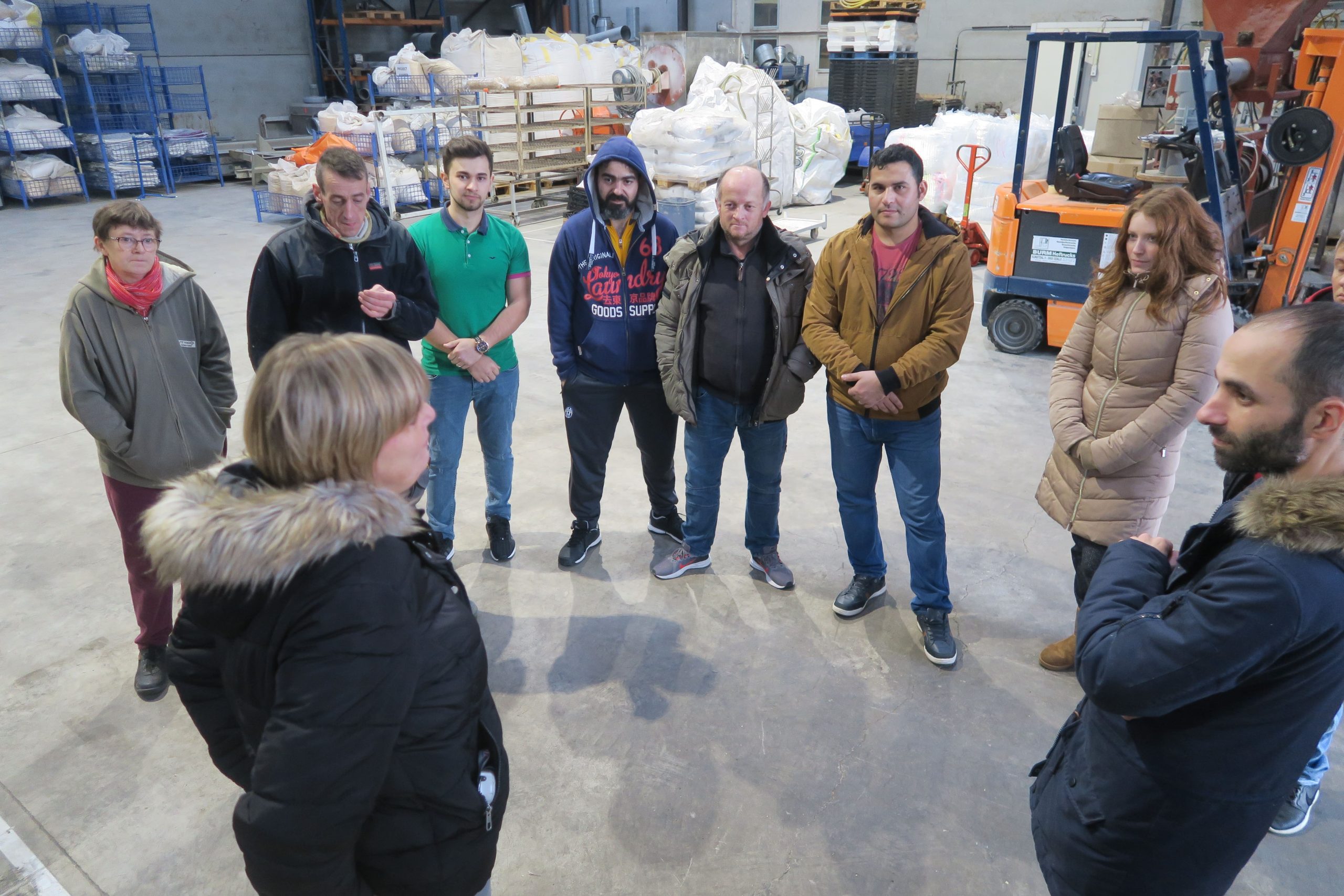Mistake 1: “We clean every day, you know.”
If this is true, great! But there are a few basic rules about cleaning you need to take into account:
➞ Cleaning must be done the right way. The principle is that you remove every last bit of organic matter. Why? Because every bit of organic matter can grow moulds and bacteria.
➞ Don’t forget about the most dangerous places. The most common danger zones are:
-
- Hidden corners of machines;
- Laminar air flows if not functioning as they should or with broken or moldy filters
- Cold bridges = places where cold and warm temperatures meet
- Uneven surfaces of walls, floors, ceilings, etc.
- Drains
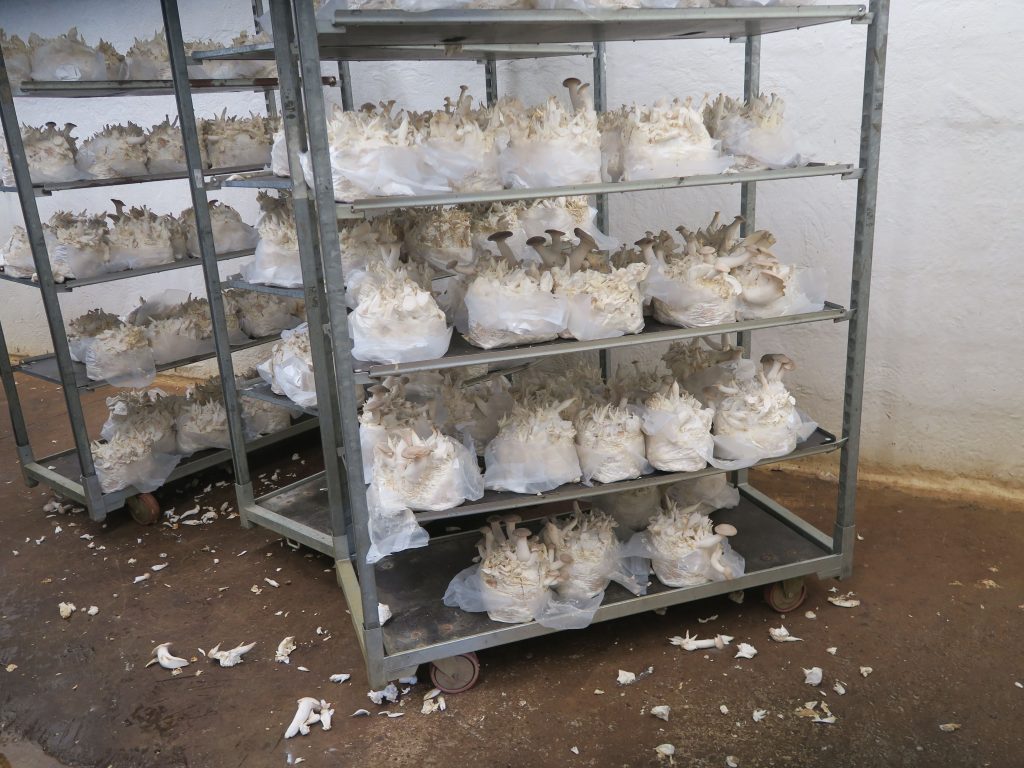
➞ More or less 1/8 of the time of all labourers should be dedicated to cleaning. Less than that and you will get into trouble.
➞ Some places need cleaning every day, others can do without for a longer time. Make sure that you really understand where problems accumulate and fix it.
➞ Be very, very strict about cleaning. Do not allow any mistakes.
➞ Train your people how to clean properly. This is not something that comes as a natural gift. It must be trained theoretically and practically.
Mistake 2: “I have it all under control.”
Are you sure? Control is essential, but it is very, very difficult.
It depends on controlling every step of your production, every minute of every day.
How can you get more control?
➞ One of the easier solutions is to have computers control your processes for you. But you will need to check them on a daily basis. Computers can only do as well as you teach them. On top of that, they can break down.
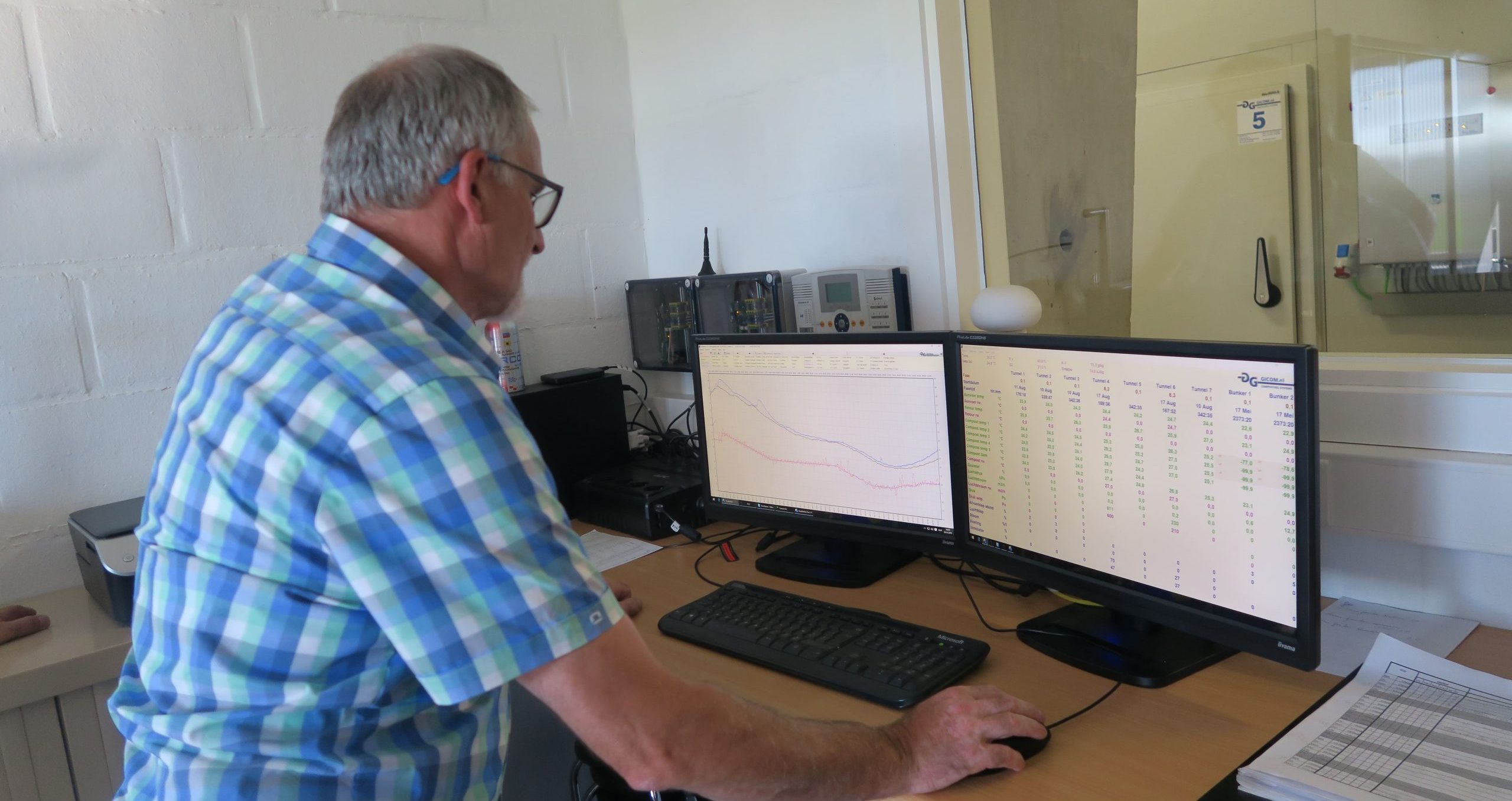
➞ A good air system is a key to success. Why? Because:
-
- almost all contaminations travel by air;
- air systems can be bought and installed by professionals;
- air systems can be automated and easily controlled;
- air can be filtered, cooled, heated, moistened, refreshed, solving your climate issue at the same time.
➞ Have a simple recipe with good raw materials that do not change;
➞ Have a daily and a weekly routine;
➞ Work with employees you can trust and talk to them regularly;
➞ Use only very simple machines that are completely open;
➞ Check the air quality regularly with petridishes, make ‘air quality maps’ that give you a 4D map of your rooms and machines. The 4th dimension is time;
➞ Do not reinvent the wheel, use existing systems that you know are good.
Mistake 3: “I just changed a few details, that’s all.“
Wrong. There are no details in the mushroom industry. You will find out – or you already know – that even the slightest change leads to problems. And most problems lead to infections.
Change one thing at a time. It is important to change things, but never change everything at once. Otherwise, you will not know what the cause of the problem was.
Whenever you change something, be EXTRA careful, because you’re treading on thin ice now.
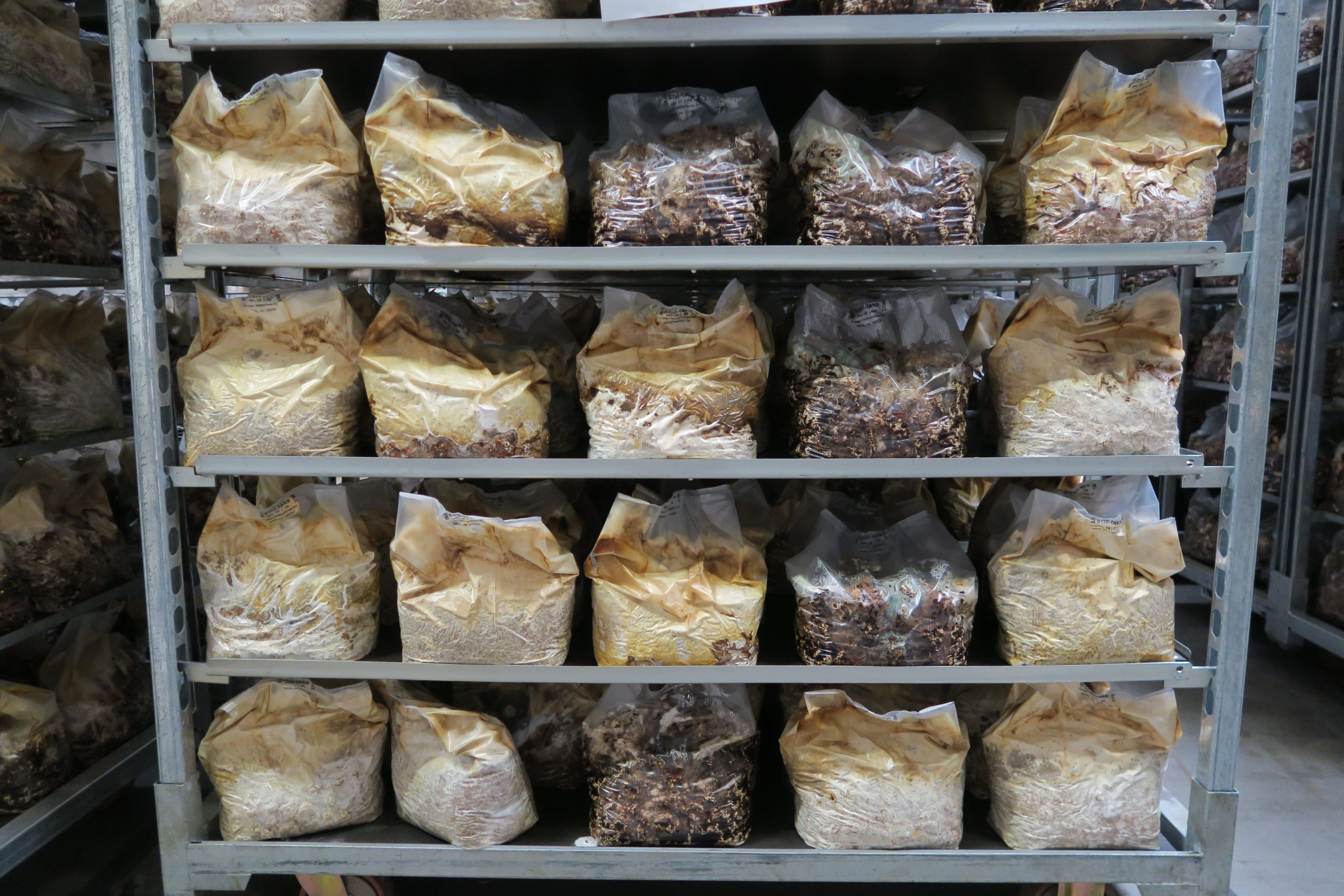
➞ Ask the following questions:
-
- Did you see any problems popping up?
- Did any of your employees see something unusual?
➞ Note all the problems in an excel, or in a book. You must be able to trace it back;
➞ Analyse your problem(s) in two ways: scientifically (measuring and writing down numbers) and with your ‘gut feeling’;
➞ If no problems popped up after 2-3 months, your change was most likely successful.
Mistake 4: “It’s useless, I have just learned to live with the losses.”
It is true that the mushroom industry is not an easy industry. But that does not mean that you cannot have a more problem-free production.
Many people start off on the wrong foot. Without sufficient knowledge or with a too small budget, resulting in early losses which could have been avoided. Proper course at the right time can save a lifetime worth of losses. Dedicate time and money to this.
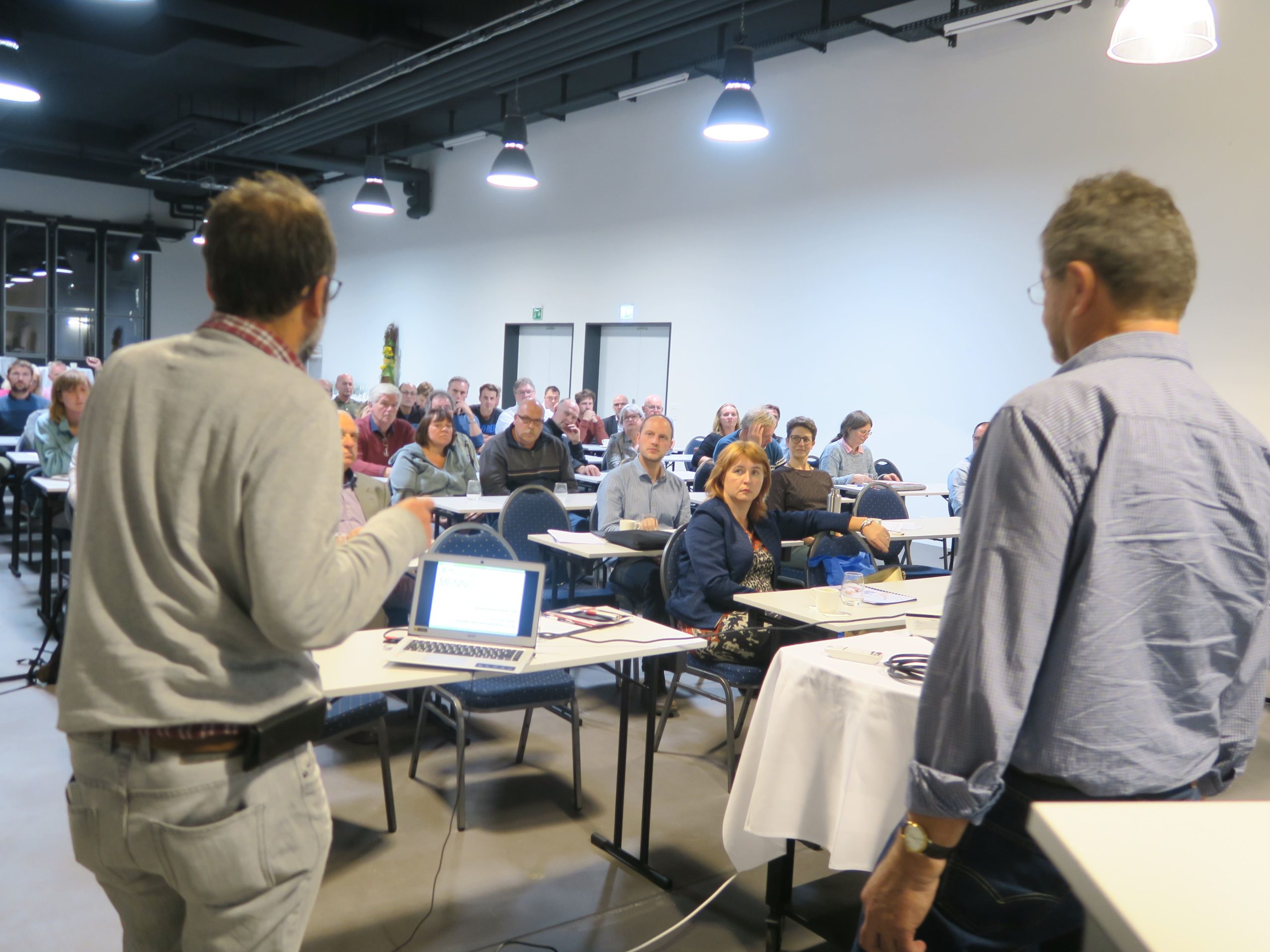
Never stop talking to your colleague substrate producers and mushroom growers. There are a lot of people that will be keen to share their knowledge. Those who have tried it know it: the more you share, the more you get back.
Why not try a reliable consultant for a change?
These are people that travel the world non-stop and have seen many, many different places. They bring a lot of new ideas and knowledge and blow a wind of fresh ideas through your farm.
Mistake 5: “I don’t have time to talk to my employees.”
Don’t allow small problems to grow into big ones. Your workers are the beating heart of your company. No matter how much automation you have, people are the connection between you and your farm.
You need to talk to them daily and ask them if all went well.
Make time for this. Just a word as they leave at night, or before they start, have a private chat or group meetings.
Give them compliments. A happy worker is a good worker.
If your workplace is dirty and if you treat them badly, you may expect bad stuff to come back at you.
